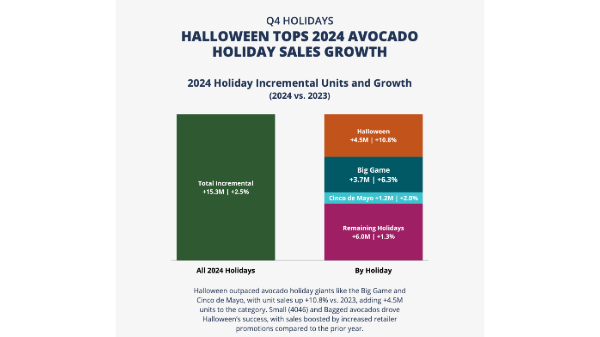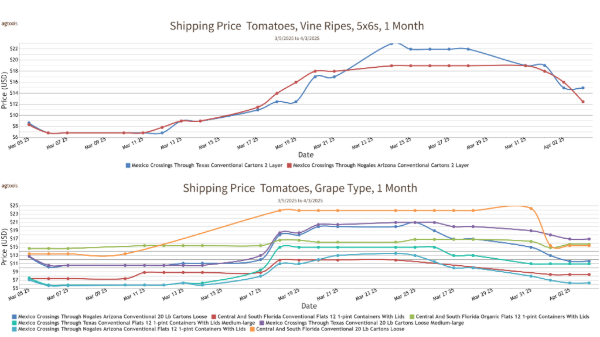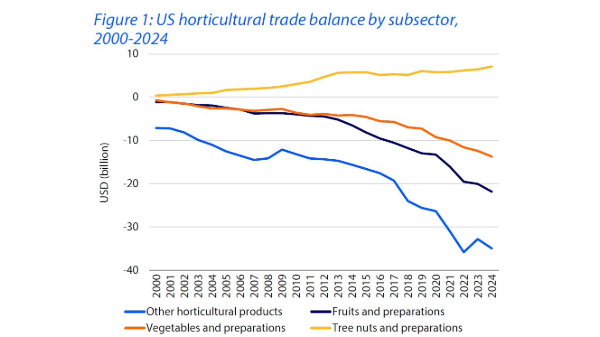Welcome to Blue Book!
Are you ready to join the thousands of companies who rely on Blue Book to drive smarter decisions? View our plans and get started today!
Still have questions? We’d love to show you what Blue Book can do for you. Drop us a line– we’ve been waiting for you.
Produce companies work diligently to grow quality products, comply with regulations, coordinate operations, and increase sales. With so much to do, the added challenge of managing a transportation program is an unneeded burden. Still, fruit and vegetables must be moved safely, quickly, and efficiently across the supply chain.
Rather than managing the complex flow of perishable goods in-house, many produce companies turn to transportation brokers for assistance. Much like an accountant provides expert tax services, transportation brokers provide expert delivery planning, execution, and control services. This article highlights the benefits of working with brokers, keys to successful relationships, and recommendations for managing transportation challenges.
Advantages
With the disintermediation capabilities of the Internet, cutting out the middleman is a popular business strategy. So why should produce companies work through brokers rather than deal directly with carriers? First and foremost, developing relationships with a small group of highly qualified brokers is far easier than trying to select and manage dozens of carriers. Because transportation is not a core competency of most produce company managers, they run the risk of poor carrier selection and weak control. “Brokers save time for shippers, freeing them up to focus on their primary functions, which enhances their bottom line,” says Grant Hunt, president of Oakport Transportation Services in Oakland, CA.
In addition, top brokers have a nationwide network of carriers that can be sourced as needed. These industry leaders have relationships with trusted carriers and access to hidden capacity such as private fleet backhauls. “We work with a lot of private fleets that don’t list their trucks on load boards or actively solicit freight,” states Geoff Turner, president and CEO of Preston, MD-based Choptank Transport, Inc.
With the freight volume of multiple clients, brokers have a great deal of negotiating power and pricing knowledge, which translates into lower rates than most produce companies could achieve on their own. Further, carriers are less likely to refuse loads from major brokers than produce shippers with a few loads per week, according to Patrick Maguire, a regional president for XPO Logistics, Inc., headquartered in Greenwich, CT. “When carriers upset a major broker and get put on a ‘do not use’ list, they lose opportunities for a twelve-month span,” he explains.
Another benefit is the ability to leverage the technology investments of forward-thinking brokers, saving time and money. Websites and cloud services can be used to tap into the broker’s freight tools and visibility solutions. Adam Fraser, group sales manager for Cincinnati’s Total Quality Logistics, LLC, says their load management system can be customized “to track and trace multiple shipments, consolidate and build orders, and provide progress updates on shipments in real time.”
Ultimately, a high quality broker can become a produce company’s de facto traffic department. “We take the worry off the produce company’s mind so they can concentrate on finding customers and selling product,” says Doug Stoiber, vice president of produce transportation operations for L&M Transportation Services, Inc. in Raleigh, NC. “A good transportation partner will do the hard work of finding available trucks, following procedures and protocols, and keeping the paperwork on file.”








